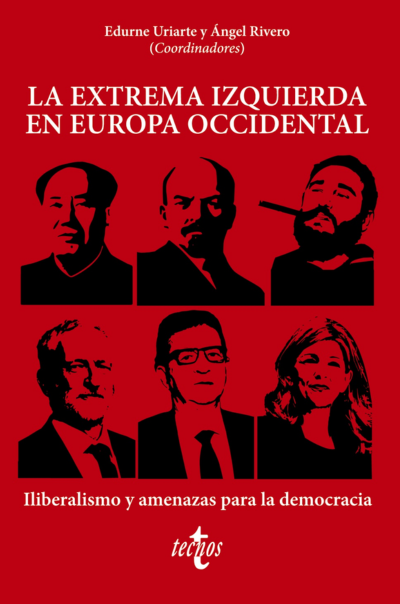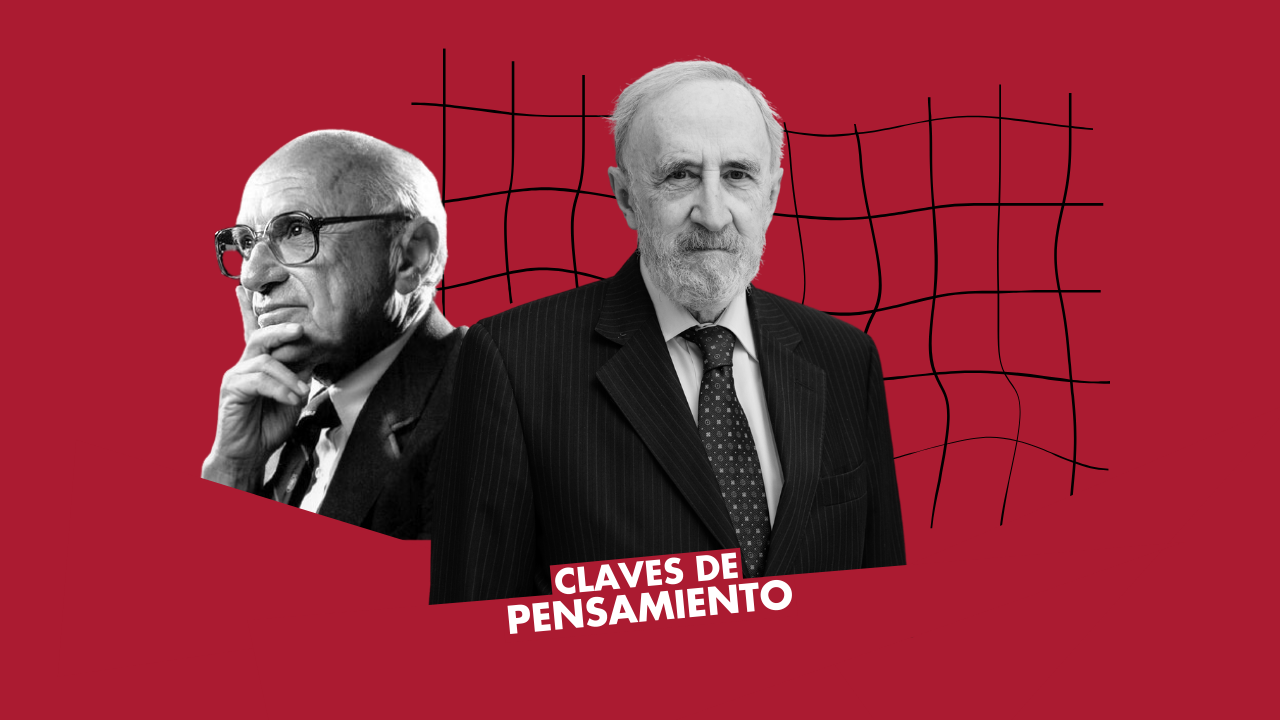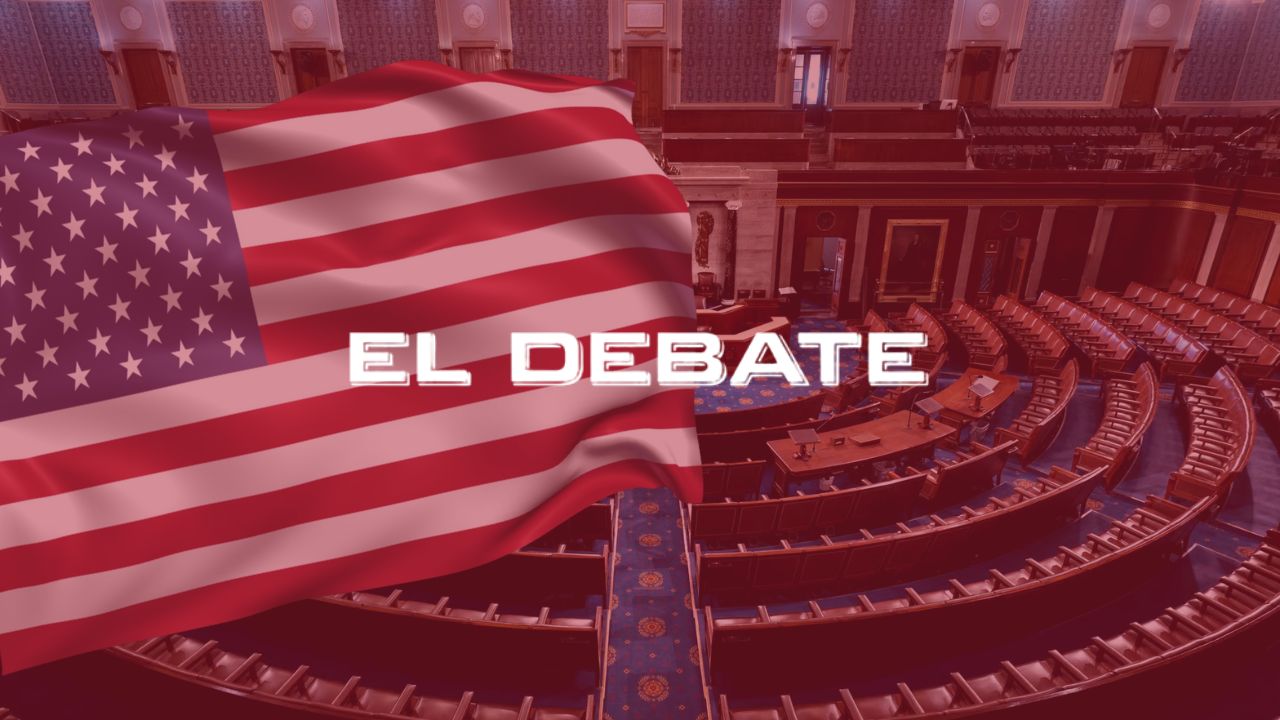Within the past week, headlines across America have shifted focus from social distancing to racial injustice. A black man named George Floyd was suffocated to death by a white police officer while other officers looked on, unfazed. The incident was captured on video and shared to social media, inciting outrage throughout the United States and the rest of the world. This outrage has manifested in a broad range of responses: from peaceful yet emotional protests, to looting and riots.
How do we make sense of these overwhelming events? Amidst much confusion and emotion, we must approach this issue as any other: by understanding the underlying facts and then looking for solutions.
All agree that what happened to Mr. Floyd was murderous and unjust. The controversy lies over whether the racism embodied by individuals such as Floyd’s murderer is systemic, and, consequently, how such instances of police brutality should be addressed. The protestors assign blame to American law enforcement as a whole for perpetrating environments in which these events become inevitable. African-Americans only comprise 13% of the population but have been victims of 25% of police killings in 2019; however, the same demographic also comprises 60% of robberies and 53% of homicides in the United States. Ultimately, these statistics are mere numbers; they do not reflect all aspects of a complex reality, and fail to account for factors such as location, history, poverty, unemployment, etc., rendering an exact connection between racism and police brutality very challenging to quantify.
Racism itself is a “prejudice, discrimination, or antagonism directed against someone of a different race based on the belief that one’s own race is superior”. Therefore, racism is a moral issue, a defect of human nature and a symptom of an even deeper cause; no matter how much we desire to and attempt to, we cannot eradicate someone’s moral depravity merely through policies, laws, or demonstrations of force. Moral issues necessitate complex determinations of human nature; therefore, this article will specifically discuss some aspects of potential solutions for police brutality.
The “Black Lives Matter” movement, which is the leading voice in protests and riots, was founded in 2013 in response to the acquittal of Trayvon Martin’s murder at the hands of police. As stated on their website, this organization calls for national defunding of police as an immediate solution. Support for this movement has gained extensive traction, and people show increasing support for the abolishment of law enforcement to prevent further abuse.
America was founded upon an understanding that power corrupts and that human nature tends toward selfishness. The founders of this country instituted checks and balances which prevent any one branch of government from gaining totalitarian rule and which remind the rulers that their authority is granted by to them by the people. The country was designed to instill in its citizens an inherent mistrust of large, powerful institutions. It is a democracy and any minority, whether a small state or an ethnic or religious group, must have protection from the will of the majority.
It is a democracy and any minority must have protection from the will of the majority
Therefore, Americans should not be asking whether law enforcement needs to be abolished because it has tended towards evil, but how to prevent the institution from such an inevitable inclination to abuse of power and oppression of a minority. 55% of Americans polled since 2016 believe that government institutions hold too much power, and yet in recent years Americans have desired more government solutions to societal problems. Since the 1960s, the number of people dependent on welfare has risen exponentially, and many support more socialized healthcare as well. Americans increasingly look to the Government for both sustenance and justice. Americans should advocate policies that decrease collective dependency by empowering individuals first, not by demolishing entire systems without viable alternatives in place.
One recommended policy route is demanding much more transparency and accountability from police. In 1967, the Supreme Court instituted qualified immunity, which shields government officials from being sued for discretionary actions performed within their official capacity. Numerous instances of police brutality have since been dismissed on qualified immunity claims, such as the case of Makaila Brooks, who was tased three times over a misunderstanding. Police officers are seemingly not held to the same legal standards as the very citizens they protect, which encourages mistrust. Revoking qualified immunity would a tremendous step towards ensuring police accountability.
Defunding the police would be a desperate measure. Though the details of desired budget redirection are unclear, the Black Lives Matter movement calls for an investment in welfare programs and other governmental programs, which will only fuel the phenomenon of state dependency. Defunding will not fix the underlying problems and will have the opposite effect than that desired by the Black Lives Matter movement.
Rioting and looting private property only add to the mayhem; it will not reverse the injustice, and simplyfuels negative stereotypes and encourages tension. Racism as expressed through police brutality is a complex issue, and one that carries emotional weight for many, but good solutions should actually empower the oppressed. When faced with such crises, Americans must equip themselves with proper tools and thorough comprehension of the situation in order to seek justice for their neighbors. These issues are always more complex than the media will portray, and there will be no easy or quick remedies. However, we can be certain that during such confusing times, it is more important than ever for Americans to cling to their Constitutional rights as promised to all citizens regardless of race, sex, or origin.






